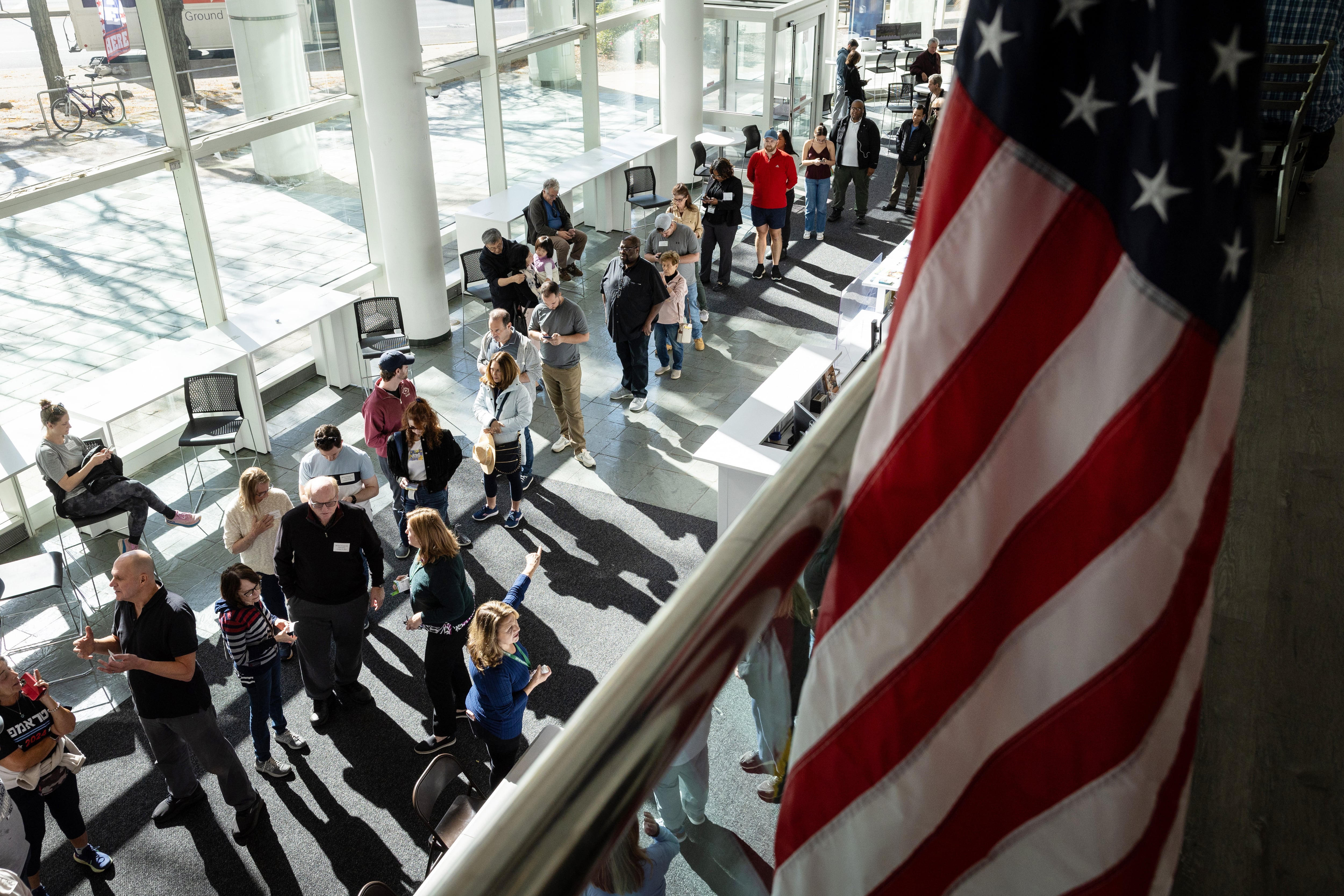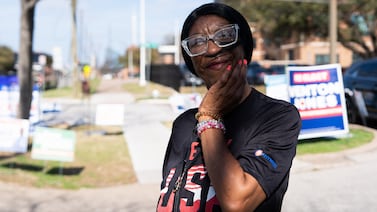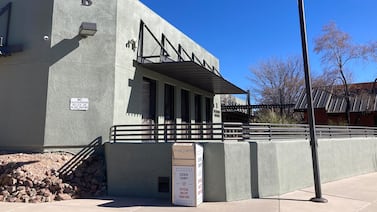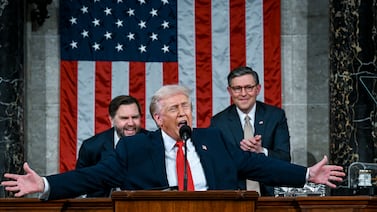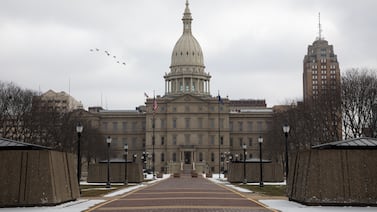Votebeat is a nonprofit news organization reporting on voting access and election administration across the U.S. Sign up for Votebeat’s free national newsletter here.
The presidential election is unique in American democracy because of the Electoral College. It’s the only election that is decided this way, as laid out in the U.S. Constitution.
Most other elections in the country are decided by a simple majority or plurality of all votes cast. In the presidential election, that’s called the popular vote. To become president, a candidate must win a majority of votes in the Electoral College. It is the electoral vote that elects the president.
The Electoral College is as old as the United States, and has specific rules and procedures. Do you know how it works? Take the quiz below and find out!
→ Take the quiz!
Lauren Aguirre is Votebeat’s engagement editor, focused on connecting people to information they need about voting in their state. She is based in Philadelphia. Contact Lauren at laguirre@votebeat.org.

